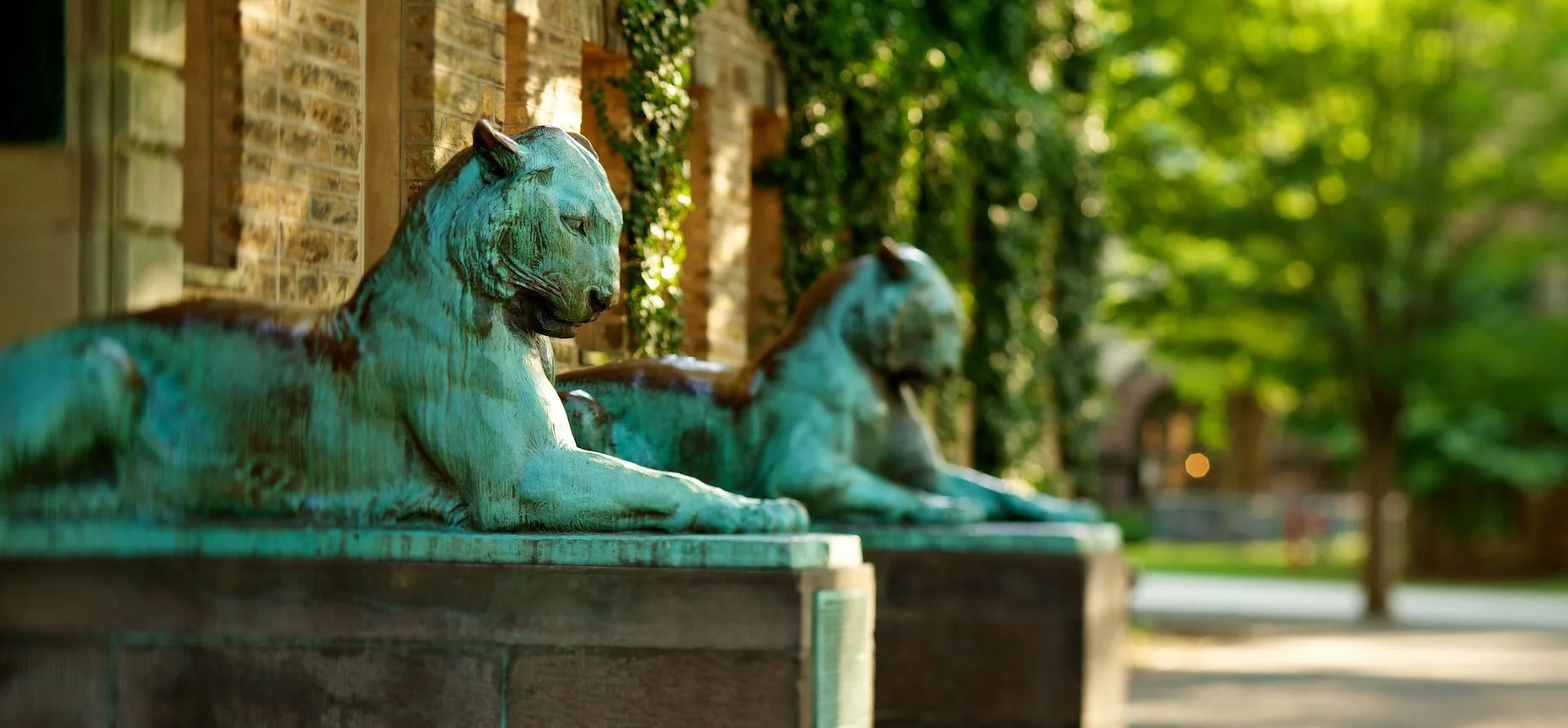Preparation Process
Distribute Committee Assignments
After registering and paying for the conference, PMC will send advisors a number of committee slots to be distributed among the students. Since PMC is divided into three separate congresses denoted by color, committee assignments will consist of a color, a branch (House or Senate), and a committee (e.g., Science and Technology). All committee assignments will be given out such that no school has two delegates in the same exact committee, and schools have an equal number of delegates in different types of committees. As soon as a student knows (s)he will attend, the advisor should give him or her an assignment so that the student can begin to research potential topics for his or her bill.
NOTE: In 2019, PMC introduced the Novice Division for Sessions & Awards in an effort to encourage delegates new to parliamentary procedure, Congress, and debate generally to participate, learn, and grow. Advisors should recommend students to the Novice Division if the student has never attended any Model Congress simulation prior. Novice committees will be all novices; however, Full Sessions for a Congress (e.g., Red Senate) will consist of novice and experienced students to enable novices to learn from their more seasoned peers.
Research Relevant topics
To make PMC as realistic as possible, we provide background descriptions on all PMC committees, detailing the duties, powers, and current legislative debates of their real-life counterparts in Congress. Resources, such as search engines, databases, and news media, for further research are also available. Students and advisors should work together to find a committee of individual interest.
Draft Legislation
Once they receive committee assignments, students can begin to write their bills on a topic relevant to their assigned committee. Students cannot change committees after assignments have been made. While modeling their bills after real Congressional legislation is often effective and interesting, students are encouraged to carefully examine real bills and improve on them as they see fit. A sample bill is available for students to study. Bills must be typed into the template we have provided; handwritten bills will not be accepted. Bills must be submitted online by the November deadline.
Learn Parliamentary Procedure
While crafting their own legislation, students also need to learn the proper way in which to debate it during Congressional Sessions. We have outlined the salient constitutional powers delegated to the U.S. Congress. Robert’s Rules of Order, the most commonly used manual for parliamentary procedure, will further assist students in learning about how Congressional sessions are conducted. Students well versed in procedure will be vastly better prepared for the conference.
The Conference
All bills submitted on time will be included in the billbook, which each student will receive upon arriving in Washington. Each committee has a different billbook, so it is important for students to not swap or lose billbooks. If students make major revisions to their legislation, they should bring 20 copies of the updated bill with them to the conference for their fellow committee members.
Committee chairs (Princeton students) will set a docket (agenda) in advance, allotting time for each bill so that every delegate’s legislation is debated in committee, where it is either passed or failed. Passed legislation moves to the Full House or Senate session, where it is debated again. It is then sent to PMC’s President (student elected at the start of the conference) to be signed into law!
